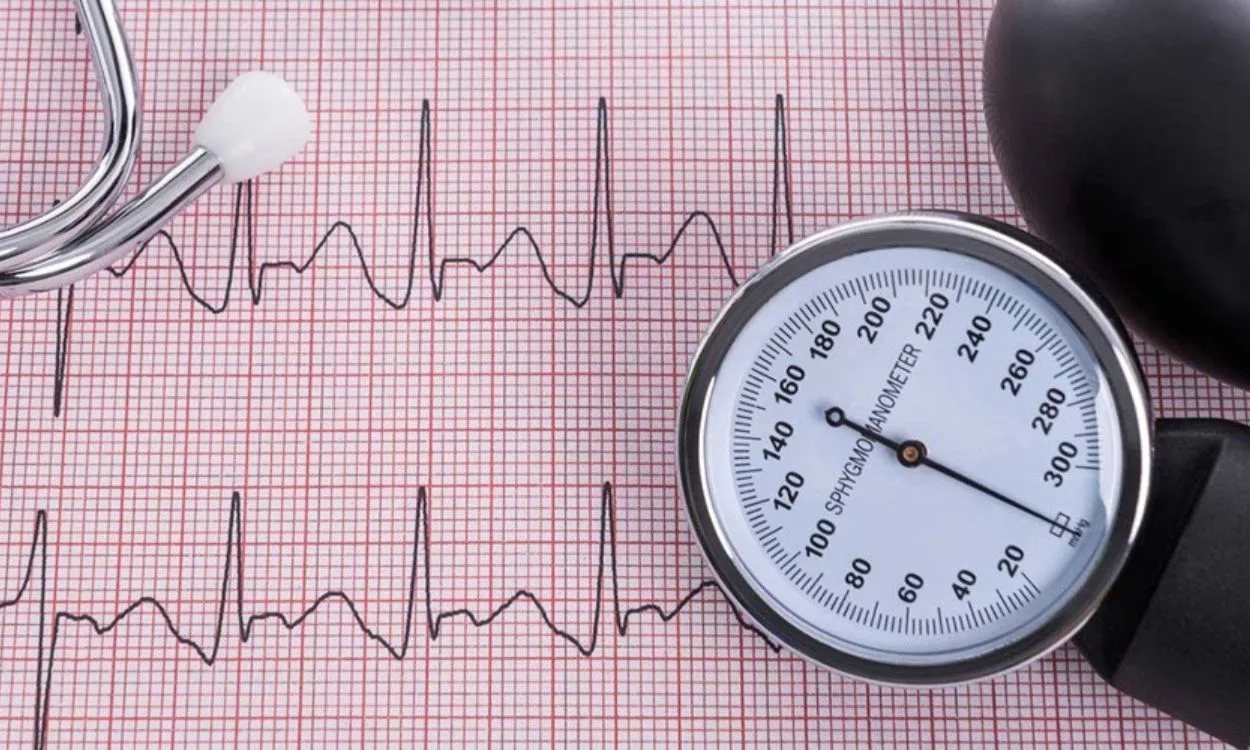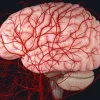Can Hypertension Impact Cognitive Function and Memory?
Hypertension, commonly known as high blood pressure, is a medical condition that affects millions of people worldwide. It is characterized by persistently elevated blood pressure levels, which can lead to various health complications. While hypertension is primarily associated with cardiovascular issues, research suggests that it may also have a significant impact on cognitive function and memory.
Here’s a detailed look at how hypertension can potentially affect cognitive abilities and what steps can be taken to mitigate these effects:
- Link Between Hypertension and Cognitive Function: Studies have shown a clear association between hypertension and cognitive decline. Research suggests that untreated or poorly controlled hypertension can lead to damage in small blood vessels in the brain, reducing blood flow and oxygen supply. This can result in cognitive impairment, including difficulties with memory, attention, learning, and problem-solving.
- Effects on Memory: Hypertension has been linked to an increased risk of developing memory problems, such as mild cognitive impairment (MCI) and dementia, including Alzheimer’s disease. The hippocampus, a region of the brain crucial for memory formation and storage, is particularly vulnerable to the effects of high blood pressure. Reduced blood flow to this area can lead to memory deficits and a decline in cognitive abilities.
- Role of Hypertension Medications: Some medications used to treat hypertension, such as beta-blockers and certain diuretics, have been associated with potential cognitive side effects. These medications may affect the brain’s neurotransmitter systems, leading to issues like memory problems, confusion, and difficulty concentrating. However, it’s important to note that not all hypertension medications have these effects, and the benefits of blood pressure control generally outweigh any potential cognitive risks.
- Other Risk Factors: Hypertension often coexists with other risk factors for cognitive decline, such as diabetes, obesity, and high cholesterol levels. These additional factors can further contribute to cognitive impairment and memory problems. It is crucial to manage these conditions collectively to reduce the overall impact on cognitive function.
- Prevention and Management: Maintaining a healthy lifestyle is key to preventing and managing hypertension-related cognitive issues. Here are some strategies that can help: By adopting these lifestyle changes and actively managing hypertension, individuals can potentially reduce the risk of cognitive decline and memory problems associated with high blood pressure.
- Blood Pressure Control: Keep blood pressure within a healthy range through lifestyle modifications, such as regular exercise, a balanced diet (low in sodium and high in fruits and vegetables), and stress management techniques.
- Medication Adherence: If prescribed medications for hypertension, take them as directed by the healthcare provider. Regularly monitor blood pressure levels and follow-up with healthcare professionals for necessary adjustments.
- Brain-Healthy Habits: Engage in activities that promote brain health, such as mental stimulation (reading, puzzles, learning new skills), social interaction, and quality sleep.
- Healthy Diet: Follow a diet rich in brain-boosting nutrients, including omega-3 fatty acids, antioxidants, and vitamins.
- Exercise Regularly: Engage in aerobic exercises that improve blood flow and promote cardiovascular health. Aim for at least 150 minutes of moderate-intensity exercise each week.
- Stress Reduction: Practice stress-reducing techniques like meditation, deep breathing exercises, and yoga to manage hypertension and its impact on cognitive health.
Now that we have explored the impact of hypertension on cognitive function and memory, let’s discuss how Fitpaa can help you in your health and fitness journey, which includes managing hypertension:
- Fitpaa’s Holistic Approach: Fitpaa is an end-to-end AI-driven metabolism monitoring and management technology that aims to help individuals achieve their health and fitness goals. Fitpaa utilizes the latest research in lifestyle medicine and behavioral therapy to strengthen all 11 organ systems, including the cardiovascular system, which is essential for managing hypertension.
- Personalized Fitpaa Capsule: Fitpaa offers a personalized approach to health and fitness, taking into account individual metabolism, health goals, lifestyle, and eating habits. Fitpaa Capsule combines medical therapy, medical exercise therapy, medical nutrition therapy, and cognitive behavior therapy to optimize metabolism and improve overall well-being.
- Real-Time Guidance and Support: Fitpaa’s mobile app provides real-time guidance and tracking, making it easier to follow personalized fitness plans. The app includes features like a virtual workout trainer, diet tracker, performance tracking, and progress monitoring to help individuals stay on track and achieve their health goals.
In conclusion, while hypertension can potentially impact cognitive function and memory, there are various strategies to manage this condition and reduce its impact. By adopting a healthy lifestyle and following medical advice, individuals can mitigate the risks associated with hypertension. Fitpaa provides a comprehensive solution to support individuals on their health and fitness journey, including managing hypertension and improving overall well-being.
Download the Fitpaa app today and experience the joy of achieving your health and fitness goals with guaranteed results. Your well-being is our mission!









